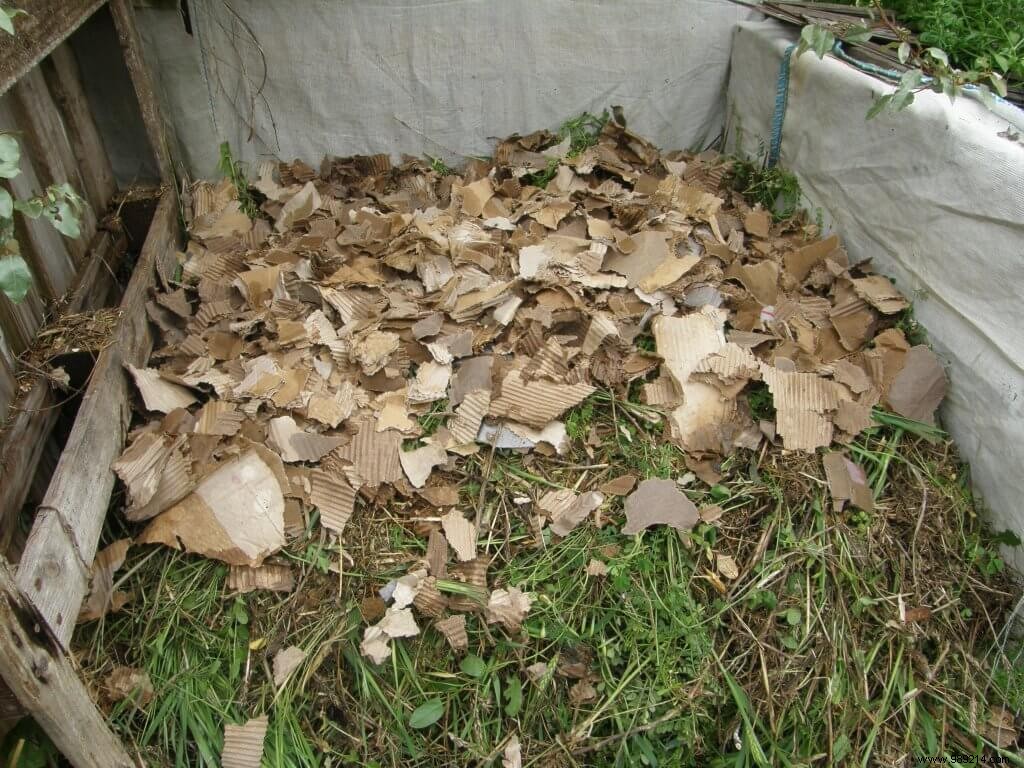As a general rule, anything that comes from living things can be composted. It is better to avoid what is cooked, as well as cheese, meat, fish because rodents are fond of it. The smells also, of fermentation of meat products are abominable.
Potato peelings can go to the compost as well as all fruit or vegetable peelings. However, be careful with citrus fruits, their skin contains a lot of chemicals and is difficult to break down. She breaks down anyway. If you have time, cut the peelings into small pieces. But to choose between slow composting and a volume of waste treated by the community, I prefer to be patient and to play the composting process.
Eggshells are great, but break them up first. I happened to throw an egg found in the garden and laid for an uncertain time. A month later, I find the egg intact among the other compost ingredients. I had the misfortune to touch it, it exploded! You can imagine the smell that went with it. So break the eggs before throwing them away!
Relatively thin wood can be composted. However, it is preferable to pass it to the grinder. Pay attention to the volume of softwood. In principle, this should not exceed 20% of the total volume. This is indeed a problem when the property is surrounded by cedar or Leyland cypress hedges...
You can put walnut leaves on your compost. You should know that all parts of walnut contain tannins, including juglone, known for its anti-germination and repelling herbivore effects. It will therefore be necessary to wait for this toxin to disappear so that the phenomenon of composting can take place. The solution is to put them in a pile, alone, for a few months, before integrating them with the rest.
Once the compost is "mature" there is no problem for the crops that will receive your homemade amendment.
Sure ! But taking precautions. Grass alone does not compost, and ferments. You must therefore mix the clippings with brown materials, such as straw, dry leaves or even cardboard!

Cardboard cut into small pieces and mixed with clippings and other green waste.
You can complete your reading by clicking on the following link.